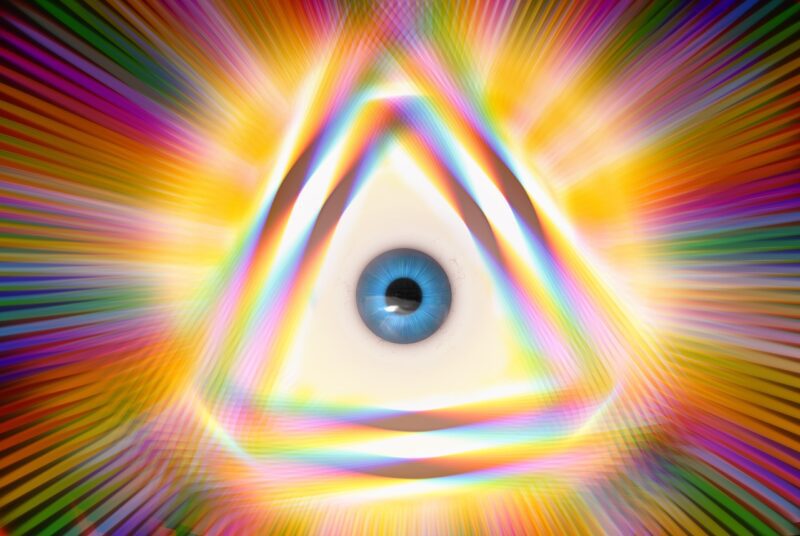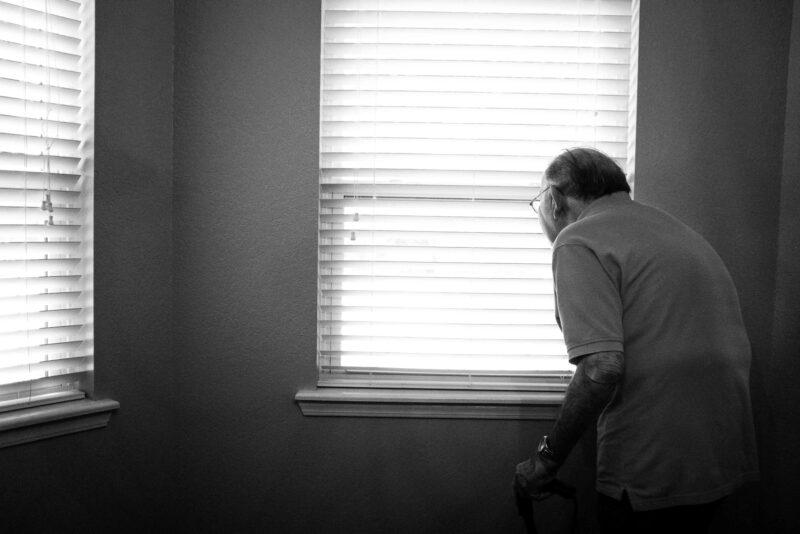Another frequent word with deep meaning is destiny. How often have we used this phrase ineffectively? Why does that matter? It usually refers to an occurrence or series of occurrences that will unavoidably take place in the future. In other words, the universe’s established natural order. How many times have we experienced uncontrollable events and found ourselves saying, “I don’t know what to do?” It’s fate!
There are numerous approaches to grasping fate. There are three main schools of thought: the spiritual/religious, the scientific, and the school that claims destiny is purely hypothetical or made up. Hinduism upholds the rule of karma despite the widespread belief that our lives are predetermined by an all-powerful force. It claims that our “karmas,” or past-life choices, have shaped our present-day selves. It holds that good deeds result in “punya” and evil deeds result in “paap,” and that our karma determines whether we experience bliss or sorrow in our next life. I had heard this in a movie, but it made a lot of sense to me that a god might be watching over us and keeping track of everything we do. The message was that although God has selected 10 paths for us, it is up to us to decide which is best for us. Just how we choose to proceed is up to us.
Logic and science have a major role in our contemporary environment. There is a scientific perspective, as there always has been. Many elements of our environment considerably influence how we perceive how our lives will be. Your parents have a significant impact on your beliefs and outlook on life as you grow up, as well as your spiritual or religious background, where you live in the world, level of confidence, and locus of control. These elements are also crucial to your comprehension of the concept of fate.
If your parents are ardent believers, you may unconsciously have the same views after growing up with and learning from them. Then, when in college, you are influenced by your friends’ opinions. All of a sudden, what you learned in school and at home is forgotten. Yes, you still think that destiny exists, but you’re not sure whether you should listen to your friends, your parents, or what your religion teaches you.
But a different query may be asked: Who actually considers destiny in college? Yes, college is the phase of life that hardly anyone forgets. It includes your first date dance and your first set of tests following all the games and fun that made you anxious. when you first experienced love. Isn’t everything simply so gorgeous? But what if you don’t completely grasp why this is happening to you and you fail that exam, get your heart destroyed, or both? Did you commit a terrible sin to earn this? Or was it simply fate?
But at some point in each of our lives, we have all experienced a phase when we believed that fate was pulling a practical joke on us. Not only do we consider our fate when we are depressed, but also when we are joyful. when you finally get the break you’ve been seeking after working so hard or when you find a partner or someone else you truly adore. Whatever the cause, when we don’t fully comprehend what is happening, we start to question our destinies. But not everyone has the same views. Many other people do not think that their future is predetermined. They firmly believe that they are in control of their lives and that fate has no bearing on them. It’s just a simple issue of cause and effect in everything.
Interestingly, the Caravaka School of Philosophy holds similar views. According to them, there is no such thing as a previous life, a future life, hell, or heaven. The only thing that is certain is the present; the past is gone and cannot be recovered, and the future is unknown and uncertain. So, take pleasure in the moment and live it up to the utmost. This is widely regarded as true. Although not extreme, they do believe that life is just the result of decisions. Everyone has the right to express their own opinion. There is no right or wrong perception.
Every day, countless people wake up with the intention of doing something novel and worthwhile. Frequently, they check their luck in the daily newspaper to find out what the day has in store for them. So I pause and wonder: Can knowing our fate actually change it? The response to this is paradoxical. I consider life to be full of choices and decisions. Every choice we make affects our lives in some manner, so it can be beneficial to be aware of what is predetermined for us.
Since we are all fundamentally hedonistic beings, we all want what is best for us, as well as for the people we care about and love. Knowing what the future may bring can help us find our way or inspire optimism that something fantastic is just around the corner. We may either spend the majority of our lives hoping for the best or we can put in the effort to get what we desire. The future will arrive in either case. All we can do is use the information at hand to make the best decisions possible to get there.
However, it is also true that everything happens for a reason. It’s possible that discovering what’s in our future is part of the future itself. It’s possible that learning more will help us live happier and healthier lives. Well, to sum up, it is probably best to state whether knowing your future can affect it. At this point, I would only conclude that you can run from it, but you can’t hide!





